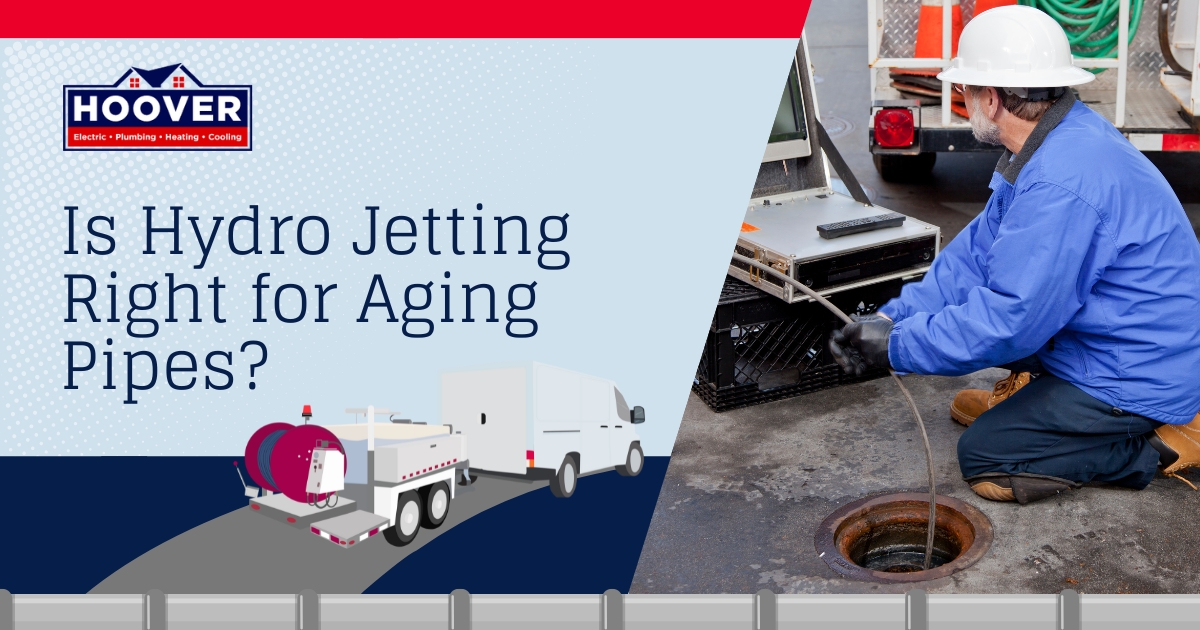Your pipes are at risk of freezing any time the temperature dips below freezing and stays there for days on end. With a few precautionary measures, you can avoid the potential cost and hassle of frozen pipes.
Prepare Outdoor Plumbing for Winter Weather
Before the temperature drops, drain and store garden hoses for the winter. Close shut-off valves leading to outdoor faucets and drain them to remove any residual water. Have your sprinkler system blown out as well to prevent freezing temperatures from damaging the waterline.
Protect Exposed Pipes
Some plumbing is more susceptible to cold weather than others. Add electric heat cable and foam pipe insulation to the most vulnerable plumbing in your home. This includes any pipes running along exterior walls or located in unheated spaces, such as the attic, garage, crawlspace, or unfinished basement.
Insulate Unconditioned Areas
While insulating your pipes directly is an effective option, you should also aim to raise the temperature in unconditioned spaces where plumbing is found. For example, if you have plumbing in the attic, crawlspace, or unfinished basement, adding insulation here decreases the effect of plummeting outdoor temperatures. If any pipes run through the garage, keep the door closed as much as possible to help keep the space above freezing.
Run a Space Heater
Another way to avoid frozen pipes in unconditioned areas is to run an electric space heater. You should only need to do this when the forecast calls for frigid temperatures. The goal is to keep your attic, crawlspace, unfinished basement, or garage above freezing, not make the space warm and cozy.
Seal Up Air Leaks
Check plumbing penetrations for air leaks. If you can feel a cold breeze rushing in around your pipes on bitter winter days, you could benefit from air sealing. Use caulk around small gaps and spray foam insulation around larger openings.
Let the Faucet Drip
When cold weather is headed your way, consider letting your faucets drip slightly all night long. This tactic doesn’t prevent frozen pipes—instead, it relieves pressure inside the plumbing. This way, if a pipe ends up freezing, it can thaw on its own with little risk of bursting and causing water damage.
Keep the Heat On
If you take a vacation during the winter, you may be tempted to turn off the furnace for energy savings. However, this increases the chance of frozen pipes, which will negate any savings you experience if a pipe bursts. Prevent this scenario by setting the thermostat no lower than 50 degrees while you’re gone. Keep under-sink cupboard doors open as well to help warm air circulate around the pipes. Combine all of these ways to avoid frozen pipes, and hopefully, you will never experience this plumbing emergency in your home.
For more useful plumbing tips, or to request help thawing your frozen pipes, please contact Hoover Electric at (586) 210-0757. We have been providing families in Clinton Township with honest, reliable plumbing services since 1980.


